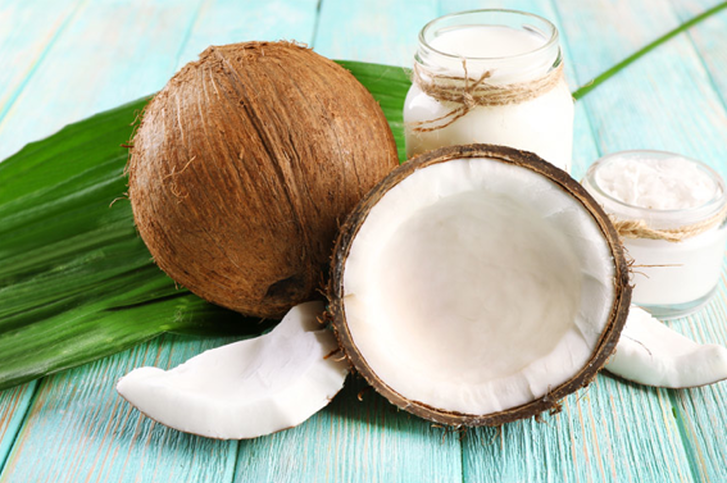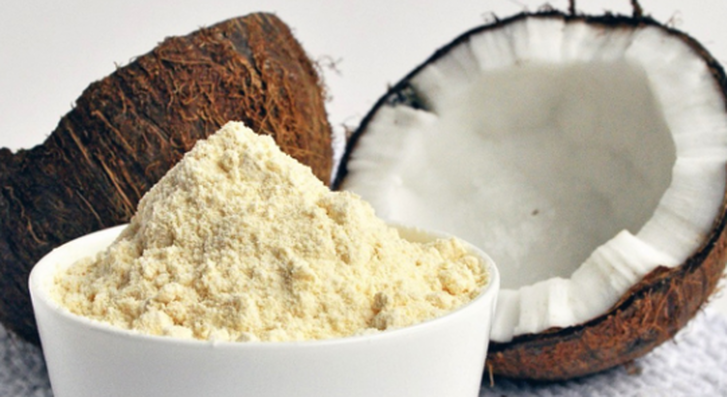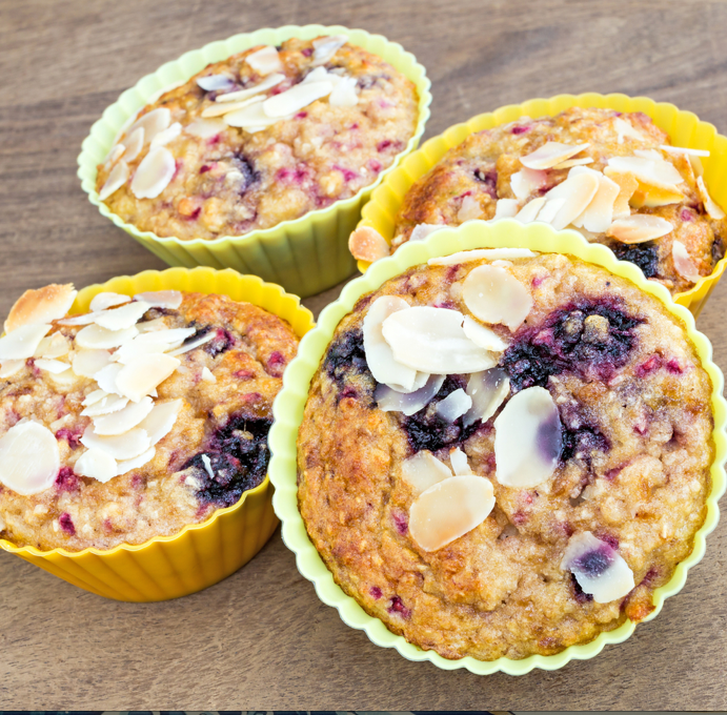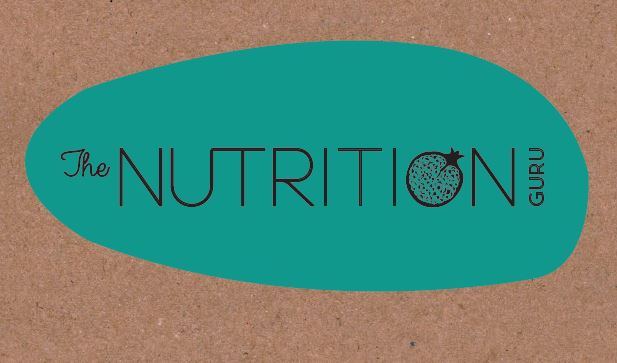BERRY AND BANANA COCONUT FLOUR MUFFINS
Coconut Flour is made from fresh organic coconut meat. The meat is dried and defatted and then finely ground into a powder very similar in consistency to wheat flour and is a terrific low-carb, high-fibre, gluten-free alternative to wheat flour for baking and cooking. It has a rich, nutty taste and it's jam packed with protein and good fats. Cooking with it offers a tasty way to keep your blood sugar levels balanced and ward off those mid afternoon sugar cravings and hunger pangs! And if that's not enough to get you cooking with coconut flour, here's a run down on all of it's amazing health and nutritional properties.
COCONUT FLOUR - NUTRITIONAL LOWDOWN
Low Carb
Coconut Flour is ideal for baking low-carb breads and baked goods. It has fewer digestible (net) carbs than any other flour and even has fewer digestible carbs than most vegetables.
Good Source of Protein
With almost 20% protein it has far more protein than wholemeal grain flours (and none of the gluten).
High in fibre
With 5 grams of fiber per tablespoon, coconut flour has far more of this indigestible carbohydrate than whole-grain flour, which has 0.8 gram per tablespoon, or white flour, which has just 0.2 gram per tablespoon. Much of this fiber is the insoluble type, which adds bulk to your stool, helps you feel full, deters constipation and enhances colon health.It contains 38.5% fibre which is the highest percentage of dietary fibre found in any flour (wheat bran is 27% fibre). Coconut flour contains almost 3 times as much fibre as soy flour. It is also free of the nutrient-binding Phytic Acid found in grain fibres which can reduce the body’s absorption of key nutrients. The high fibre content (along with it's fat content) will enhance satiety, so you feel full for longer.
Gluten-free
Coconut flour is gluten free (and grain free).
Balances blood sugar levels
Due to the high-fiber content, coconut flour doesn't spike your blood sugar as quickly as grain-based flours. A study published in the "British Journal of Nutrition" in 2003 found that substituting coconut flour for some of the wheat flour in traditional baked goods lowers the glycemic index -- the measure of a food's impact on blood sugar -- of the finished product. This moderate blood-sugar effect could be a positive for diabetics who need to carefully control their blood sugar. A later study published in a 2006 issue of "Innovative Food Science & Emerging Technologies" confirmed these findings.
Rich in good fats
Coconut flour contains about 9 grams of healthy fats per 100 grams. Although these fats are mostly saturated, they're a type called medium-chain triglycerides, which digest easily; provide instant energy; offer antiviral, antimicrobial and antifungal properties; and may boost your metabolism.
Cooking with Coconut Flour
If you'd like to incorporate coconut flour into your baking as a carb-cutting measure, you'll need to experiment. It's very absorbent compared to wheat flour, and it will tend to make your baked goods dry unless you increase the liquid ingredients substantially. The best way to learn its peculiarities is to start small, using 1/4 cup of coconut flour to replace 1/2 cup or more of wheat flour and increasing your liquids by that same 1/4 cup. With a bit of trial and error, you can adjust your favorite recipes to incorporate coconut flour or use recipes provided by the manufacturer until you master its quirks.
Coconut flour also needs the appropriate amount of eggs as it behaves differently to other flours. The standard proportion is about 6 eggs for every half cup of flour.
Ingredients
- 1½ cups blueberries or mixed berries
- 2 med. ripe bananas
- 6 organic eggs
- 6 pitted dates
- 1/2 cup coconut flour
- 1/4 cup organic coconut oil
- 1/4 cup chia seeds
- 2 tsp gluten-free baking powder
- 2 tsp natural vanilla essence
- 1 tbsp rice malt syrup/organic honey/maple syrup
METHOD
Preheat oven to 170°C. Combine bananas, eggs, dates, coconut oil, vanilla essence and extra sweetener if using in food processor and blend until creamy. Add the coconut flour and chia seeds and slowly blend. Gently stir through berries. Allow to sit for 15 minutes as the chia seeds expand. Lightly butter muffin tin tray then spoon in batter. Bake for 20 minutes or until cooked through. Keeps in the fridge for up to 1 week.
{ TIPS } If you would like to make these muffins a little more of an indulgent treat you can top it with some delicious chocolate fudge icing. Blend 1/2 cup macadamia nuts, 1 tbsp organic coconut oil, 1 tbsp rice syrup/organic honey/maple syrup and 1 tbsp raw cacao or sprinkle with flaked almonds when cooking.
Prep time: 25 minutes
Cook time: 20 minutes
Total time: 45 minutes




